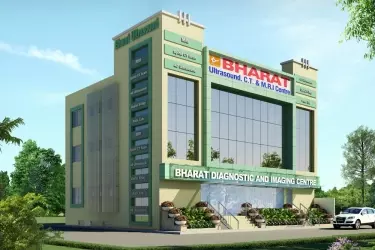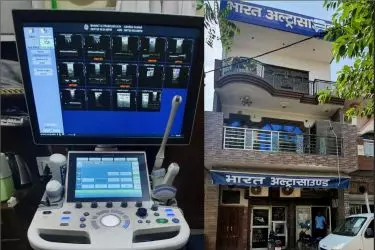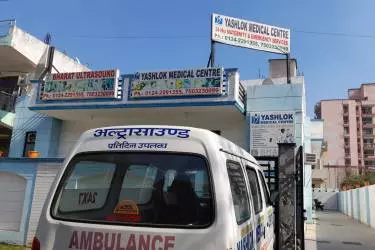
Magnetic resonance cholangiopancreatography or MRCP uses a powerful magnetic field, radio waves and a computer to evaluate the liver, gallbladder, bile ducts, pancreas and pancreatic duct for disease. It is noninvasive and does not have risk of radiation.
Physicians use MRCP to:
![]() Examine diseases of the liver, gallbladder, bile ducts, pancreas and pancreatic duct. These may include tumors, stones, blockage, inflammation or infection.
Examine diseases of the liver, gallbladder, bile ducts, pancreas and pancreatic duct. These may include tumors, stones, blockage, inflammation or infection.
![]() Evaluate patients with pancreatitis to detect the underlying cause. In patients with pancreatitis, an MRCP may be performed using a medication called Secretin to assess for long term scaring and to determine the amount of healthy pancreatic function and secretions.
Evaluate patients with pancreatitis to detect the underlying cause. In patients with pancreatitis, an MRCP may be performed using a medication called Secretin to assess for long term scaring and to determine the amount of healthy pancreatic function and secretions.
![]() Help to diagnose unexplained abdominal pain.
Help to diagnose unexplained abdominal pain.
![]() Provide a noninvasive alternative to endoscopic retrograde cholangiopancreatography (ERCP). ERCP is a diagnostic procedure that combines endoscopy, which uses an illuminated optical instrument to examine inside the body, with iodinated contrast injection and x-ray images. ERCP is an invasive procedure that evaluates the bile ducts and/or the pancreatic duct.
Provide a noninvasive alternative to endoscopic retrograde cholangiopancreatography (ERCP). ERCP is a diagnostic procedure that combines endoscopy, which uses an illuminated optical instrument to examine inside the body, with iodinated contrast injection and x-ray images. ERCP is an invasive procedure that evaluates the bile ducts and/or the pancreatic duct.
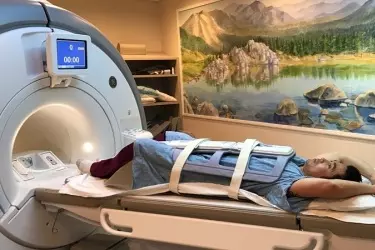
MRCP is a non contrast MRI exam of the abdomen. However you would be asked to come for the test with four hours of fasting as contrast injection might be required in some cases. An MRCP scan takes about twice as long as a regular MRI scan. 10 minutes for the MRCP imaging and about 30 minutes for abdominal imaging. During the MRI exam, you would be in a room which has strong magnetic field. You should not be wearing any jewellery and should inform the technician if you have any kind of implant inside your body. In any case our technician would be checking you with a metal detector before taking you inside the magnet room.
You are advised to leave your mobile phone, wallet and all clothes inside a locker which is provided to you. You would be given a hospital gown to wear for the test. There is a humming sound which resembles the sound of a running train while the exam is going on. You would be given ear plugs to minimize this sound. You would be required to go inside a cylinderical tunnel and lie still while the exam is going on. On completion of the test, you can change into your own clothes and leave for your home. The MRCP exam will produce several hundred images which will be reviewed by the radiologist and the report would be made available within 24 hours of the scanning.
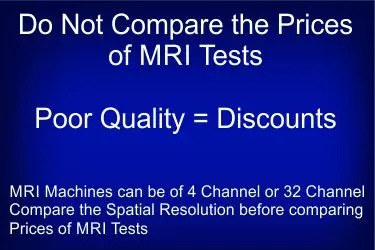
MRI Machines are of two types - Permanent Magnet and Superconducting Magnet. The Permanent Magnet MRI or Open MRI as it is called comes in two strengths - 0.2 Tesla and 0.3 Tesla. The Superconducting Magnet comes in strengths of 1.5 Tesla and 3.0 Tesla. Tesla is the unit for magnetic strength. The common belief is that higher the Tesla, better is the imaging quality but this is not the case. Higher magnetic strength can produce greater noise and result in lower signal to noise ratio. MRI of the Brain, Joints and Spine can be done equally well on a 0.3 Tesla Permanent Magnet as it is done on a 1.5 Tesla Magnet. However inner ear imaging is best done on a 3 Tesla MRI. Many doctors would prescribe MRI scan on a 3 Tesla Machine without knowing the difference in imaging quality. The quality of imaging also depends on the quality of coils, channels in the machine and specialized applications for doing the scanning. Finally the quality of reporting is of paramount importance in any MRI Imaging. At Bharat Diagnostics we have the optimum combination of all these factors. We have all types of machines at different centres. So patients who are claustrophobic, are advised to get their MRI on open magnet of 0.3 Tesla. Patients who require extensive testing like MRI brain and whole spine would do better to go for 3 Tesla as the imaging time is lesser.
The cost of MRCP at our centres is in the range of Rs. 8000 - 10000 for non contrast imaging. If contrast is needed then additional amount of Rs. 3500 - 3700 is charged for the test.
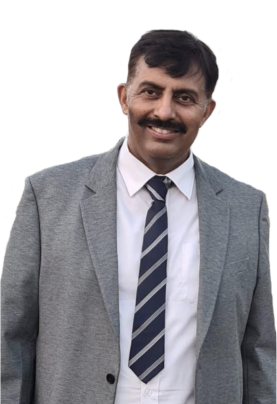
Dr Rajesh Choudhary has more than 20 years of experience in the field of Radiology. Dr Choudhary has been trained in the latest radiological techniques from Sardar Patel Medical College, Bikaner and PGI Chandigarh.
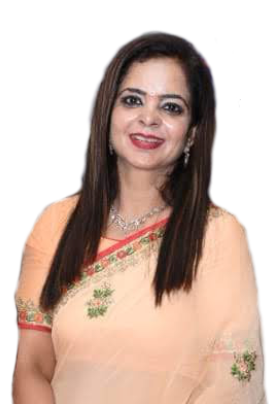
Dr Shruti Sangwan has been trained at Lady Hardinge Medical College, Maulana Azad Medical College, PGI Chandigarh and Artemis Hospital Bhiwadi in the field of Radiology and has more than 18 years of experience.
